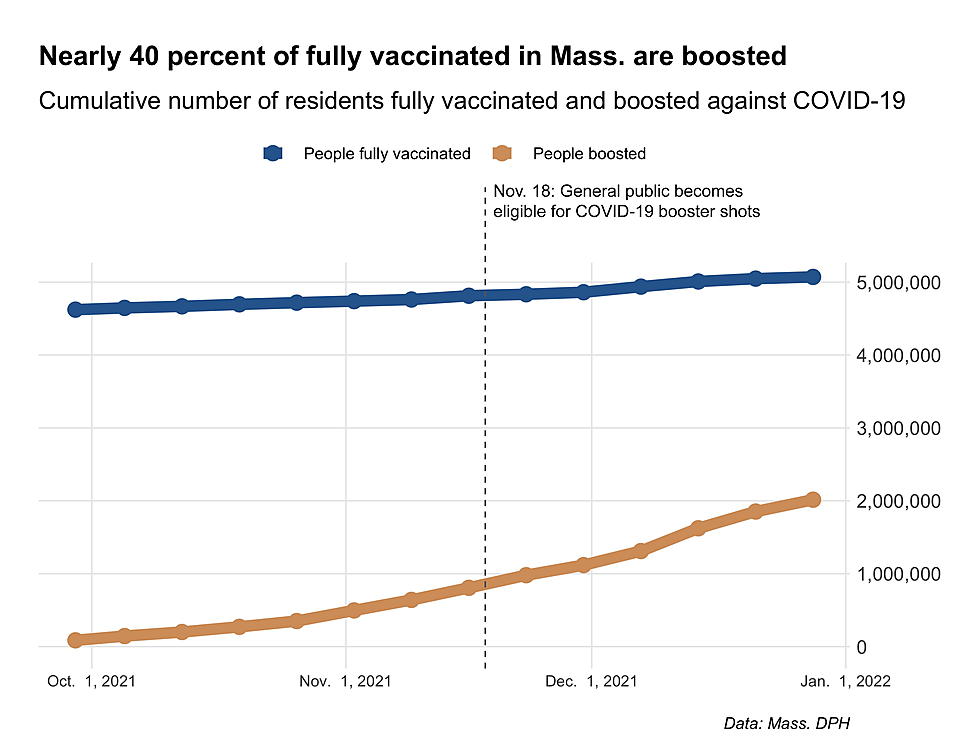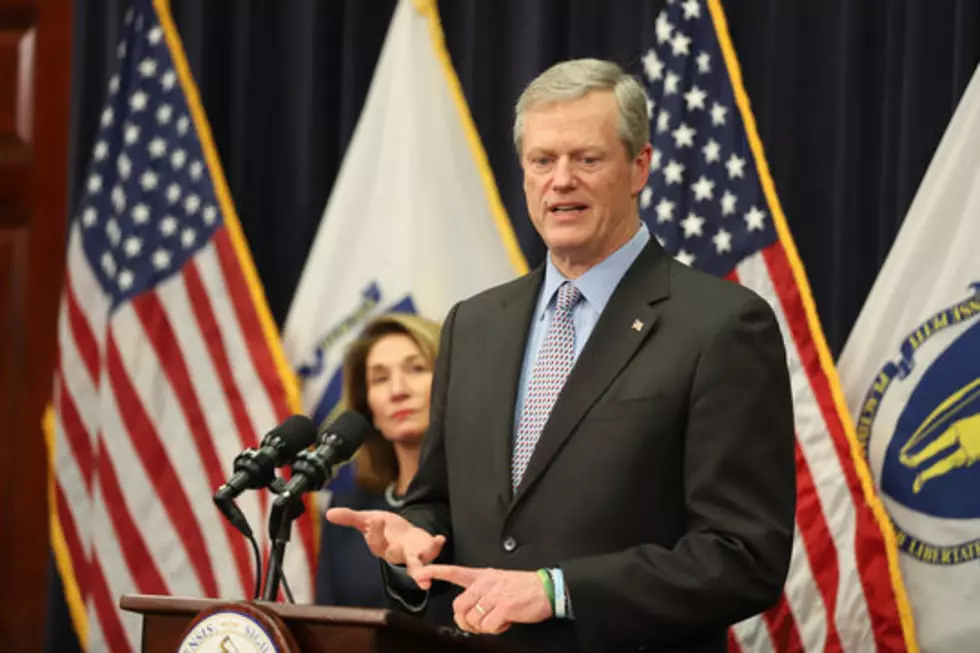
Major Offshore Wind Project No Longer Viable
FALL RIVER — A major offshore wind project in the Massachusetts pipeline "is no longer viable and would not be able to move forward" under the terms of contracts filed in May and now both developers behind the state's next two offshore wind projects are asking state regulators to pause review of the contracts for one month amid price increases, supply shortages and interest rate hikes.
Utility executives working with assistance from the Baker administration last year chose Avangrid's roughly 1,200-megawatt Commonwealth Wind project and a 400 MW project from Mayflower Wind in the third round of offshore wind procurement to continue the state's pursuit of establishing cleaner offshore wind power. Contracts, or power purchase agreements (PPAs), for the projects were filed with the Department of Public Utilities in May.
But last month, Commonwealth Wind filed a motion for a one-month delay in DPU's review, telling the state that their project can no longer move forward as planned. A one-month freeze, the developer said, "would give the parties an opportunity to evaluate the current situation facing the Project and potentially agree upon changes to the PPAs, along with other measures, that could allow the Project to return to viability."
"As has been publicly reported in recent weeks, global commodity price increases, in part due to ongoing war in Ukraine, sharp and sudden increases in interest rates, prolonged supply chain constraints, and persistent inflation have significantly increased the expected cost of constructing the Project. As a result, the Project is no longer viable and would not be able to move forward absent amendments to the PPAs," attorneys for Commonwealth Wind wrote in their motion.
The developer's brief highlights "cost saving measures, tax incentives under the newly enacted Inflation Reduction Act, an increase in the PPA prices, and improvements to Project efficiencies" as the possible approaches to restoring their project to viability. The developer also said that it "remains fully committed to the Project and to delivering cost-effective renewable energy from the Project to the residents and businesses of Massachusetts in a manner that advances the purposes of [the state's clean energy law] and the Commonwealth's energy and climate policies."
The Boston Globe reported in September that a top Avangrid executive told investors that the company expected Commonwealth Wind and Park City Wind (a project intended to provide power to Connecticut) to each be delayed by a year as they sought contract revisions. CEO Pedro Azagra said Commonwealth Wind is now expected to go live in 2028, the Globe reported.
Mayflower Wind, the other developer tapped last year to help Massachusetts plug into offshore wind power, on Thursday told DPU that it supports the request from Commonwealth Wind but did not specifically say that its project is at risk.
"A one month suspension would enable the parties to consider potential approaches to help ensure these offshore wind projects are economic and financeable under the PPAs. That assurance is especially important in this case, because the Projects are among the few first-mover offshore wind projects in the region. As such, they are critically important Projects to the advancement of the Commonwealth's public policy requirements," Mayflower Wind wrote in its response to Commonwealth Wind's filing.
Both developers said they want to use the one-month pause to further explore how the federal Inflation Reduction Act, which includes a slew of energy tax credits, could factor into their project finances.
Mayflower Wind said that the IRA "may provide tax incentives to the Projects that could provide savings for Massachusetts customers" and that the company "agrees that the PPA parties should examine the economics and financeability of the respective Projects and any opportunities to incorporate federal tax or other benefits into the analysis."
Commonwealth Wind said that "the IRA benefits to the Project are not fully known at this time and not anticipated to make the Project economic absent other changes to the PPAs," but told DPU that it "believes there may be potential opportunities to share benefits associated with the IRA with ratepayers and would be willing to explore those opportunities with stakeholders."
It is unclear when a DPU decision will come, but the agency had previously set a Tuesday deadline for briefs related to the latest offshore wind contract.
Both developers are already connected to roughly 800 MW offshore wind projects for Massachusetts. Vineyard Wind I, projected as the first utility-scale offshore wind farm in the nation, is in the early stages of construction and is due to come online by the end of 2023. Avangrid Renewables owns half of that project. Mayflower Wind's initial 804 MW project is expected to be up and running in 2025.
Colin Young, State House News Service
More From WBSM-AM/AM 1420









